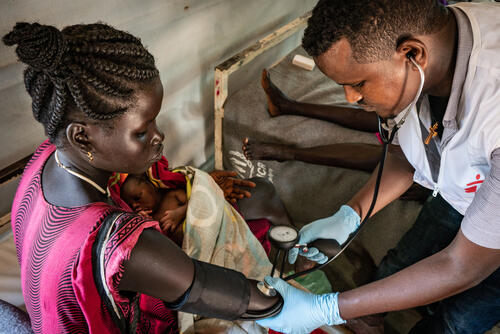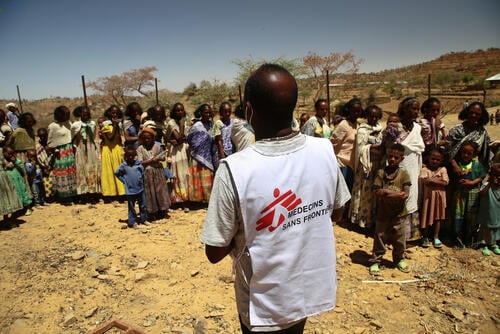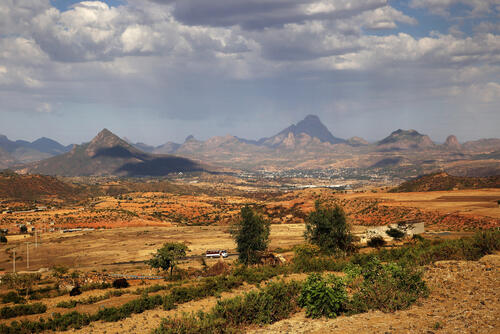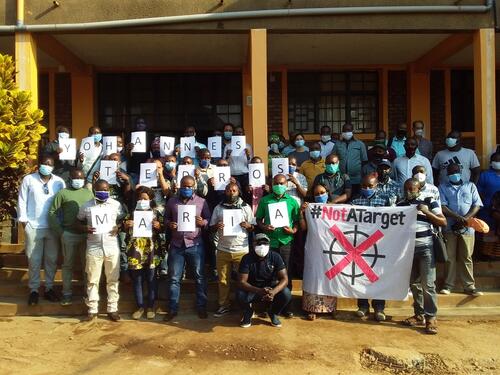Médecins Sans Frontières (MSF) has suspended all activities in the Amhara, Gambella and Somali regions of Ethiopia, as well as in the west and northwest of Tigray region, to comply with a three-month suspension order from the Ethiopian Agency for Civil Society Organizations (ACSO) on 30 July.
On receipt of the order, MSF undertook all required action to comply with ACSO’s request while their investigation is ongoing, including putting all medical and humanitarian programmes into full suspension for a period of three months. At short notice, patients have been discharged from MSF clinics, leaving people in these locations with even further limited access to healthcare. A team of nearly 1,000 Ethiopian staff are also on standby at home, while nearly all international staff have left the country.
In the first six months of 2021, in the four regions where MSF has now suspended activities, MSF teams provided 212,000 men, women and children with outpatient consultations, admitted 3,900 individuals for specialised care, provided 3,300 people with mental health consultations and assisted 1,500 women in the delivery of their babies.
The order to suspend our medical and humanitarian assistance comes at a time when the humanitarian needs in Ethiopia are enormous, with millions of people in need of food, water, shelter and access to healthcare across the country.
In the locations where MSF can no longer assist, in west and northwest Tigray, the situation remains extremely precarious and volatile for people, as well as for teams attempting to provide lifesaving assistance. We are also concerned about the situation of South Sudanese refugees in Gambella region, people impacted by violence or suffering from neglected tropical diseases like snakebites and Kala Azar in Amhara region, and for people with incredibly limited access to healthcare in Somali region.
Furthermore, it is now three months since the brutal murder of our colleagues Yohannes, María and Tedros on 24 June, and the circumstances around their deaths remain unclear, while no one has claimed responsibility. At the time of their deaths, MSF took the painful but necessary decision to suspend activities in the central and eastern zones of Tigray (Abi Adi, Adigrat and Axum) and continues to engage in dialogue with the relevant authorities for updates regarding an on-going investigation.
While MSF was asked to suspend activities in specific locations, we continue to run medical and humanitarian services in Addis Ababa, Guji (Oromia), Southern Nations, Nationalities and People’s Region (SNNPR), and southeast Tigray.
MSF has been working in Ethiopia for 37 years, providing medical assistance to millions of people affected by conflict, epidemics, disasters, or with limited access to healthcare, in collaboration with Ethiopian authorities at local, regional and national levels. All our activities are guided by humanitarian principles: humanity, independence, neutrality, and impartiality.
Despite these current challenges in our ability to provide medical and humanitarian assistance, we remain committed to the communities we have been supporting across the country and to the ongoing dialogue with the relevant government authorities to lift the suspension and enable the resumption of activities as soon as possible.






